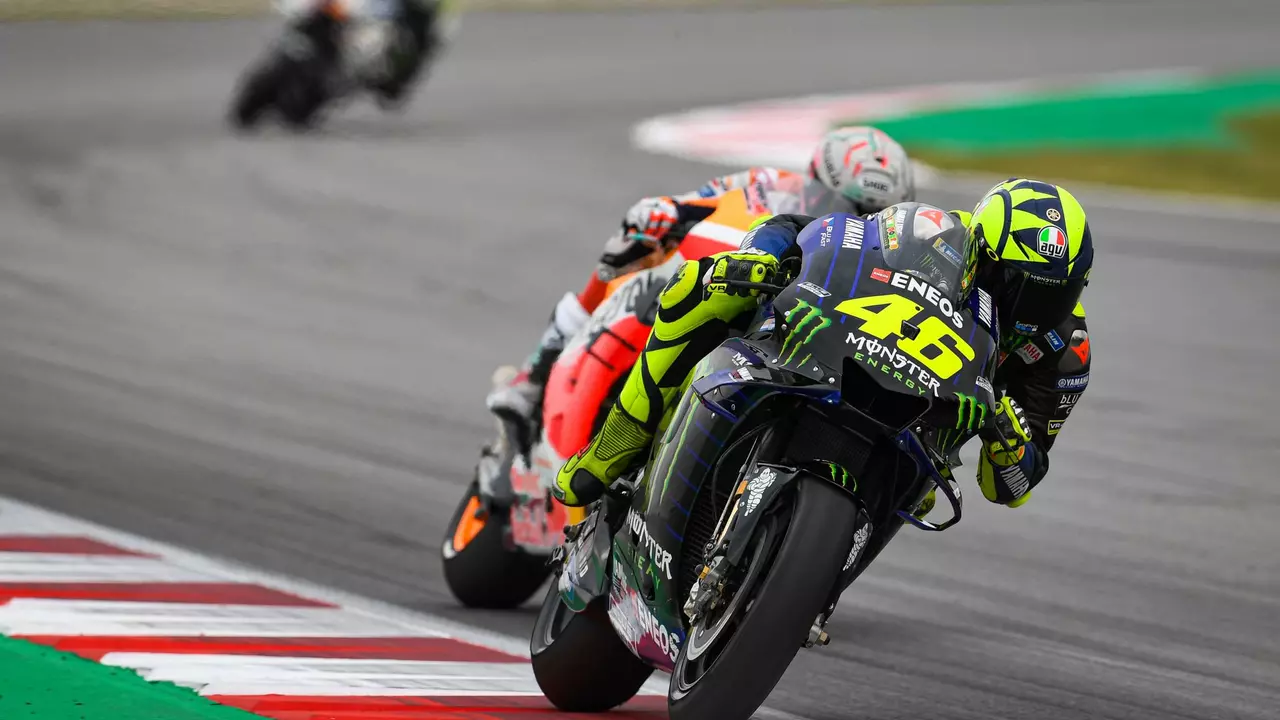Why aren't radio communication allowed in MotoGP?
 Jul, 20 2023
Jul, 20 2023
Understanding the Prohibition of Radio Communication in MotoGP
MotoGP is a unique sport that has always upheld a distinct set of rules which separates it from other motorsports. One such rule is the prohibition of radio communication between riders and their teams during races. Even though radio communication is a standard feature in other racing sports like Formula 1, it is conspicuously absent in MotoGP. The reasons for this absence are multifaceted and have both safety and competitive considerations.
Emphasizing Rider Skill and Autonomy
In MotoGP, the emphasis is placed on the riders' skills and autonomy. The prohibition of radio communication ensures that the riders are in complete control of their decisions on the track. It means that they cannot receive real-time advice or orders from their team, enhancing the element of unpredictability in the sport.
The riders need to be capable of making critical decisions without any external assistance. This includes understanding their bike's performance, managing their tyres, and adapting to changing track conditions. This level of autonomy places a higher demand on the riders' skill and intuition, making MotoGP more of a pure test of rider ability.
Prioritizing Safety in High-Speed Races
Safety is another significant reason behind the prohibition of radio communication in MotoGP. Unlike in other motorsports, MotoGP riders are exposed and vulnerable, travelling at high speeds with little protection. Any distraction, such as a radio message, could potentially lead to catastrophic accidents.
Radio communication could disrupt a rider's concentration, especially during high-speed corners or overtakes. In this sense, the absence of radio communication is a precautionary measure designed to safeguard the riders and maintain the integrity of the sport.
Preserving the Spirit of the Sport
MotoGP has always been about the raw, unfiltered contest between riders. The prohibition of radio communication preserves this spirit by ensuring that the outcomes are determined solely by the riders and their machines. There are no team orders, no tactical instructions, just pure racing. This makes the sport more exciting and unpredictable, much to the delight of fans worldwide.
Moreover, the absence of radio communication adds an extra layer of drama to the races. Riders must rely on pit boards for information, leading to situations where a rider might misinterpret a message or miss it entirely. It's these moments of uncertainty and tension that make MotoGP so thrilling to watch.
The Debate over Radio Communication in MotoGP
Despite these reasons, the prohibition of radio communication in MotoGP is a contentious issue. Some argue that allowing radio communication could enhance the strategic element of the sport. Teams could guide their riders through the race, advising them on when to push and when to conserve tyres. This could lead to more tactical races and potentially even closer contests.
However, for now, MotoGP remains steadfast in its decision to prohibit radio communication. It believes that the benefits of rider autonomy, safety, and preserving the spirit of the sport outweigh any potential advantages. As a result, the lack of radio communication remains a defining characteristic of MotoGP, contributing to its unique appeal and charm.